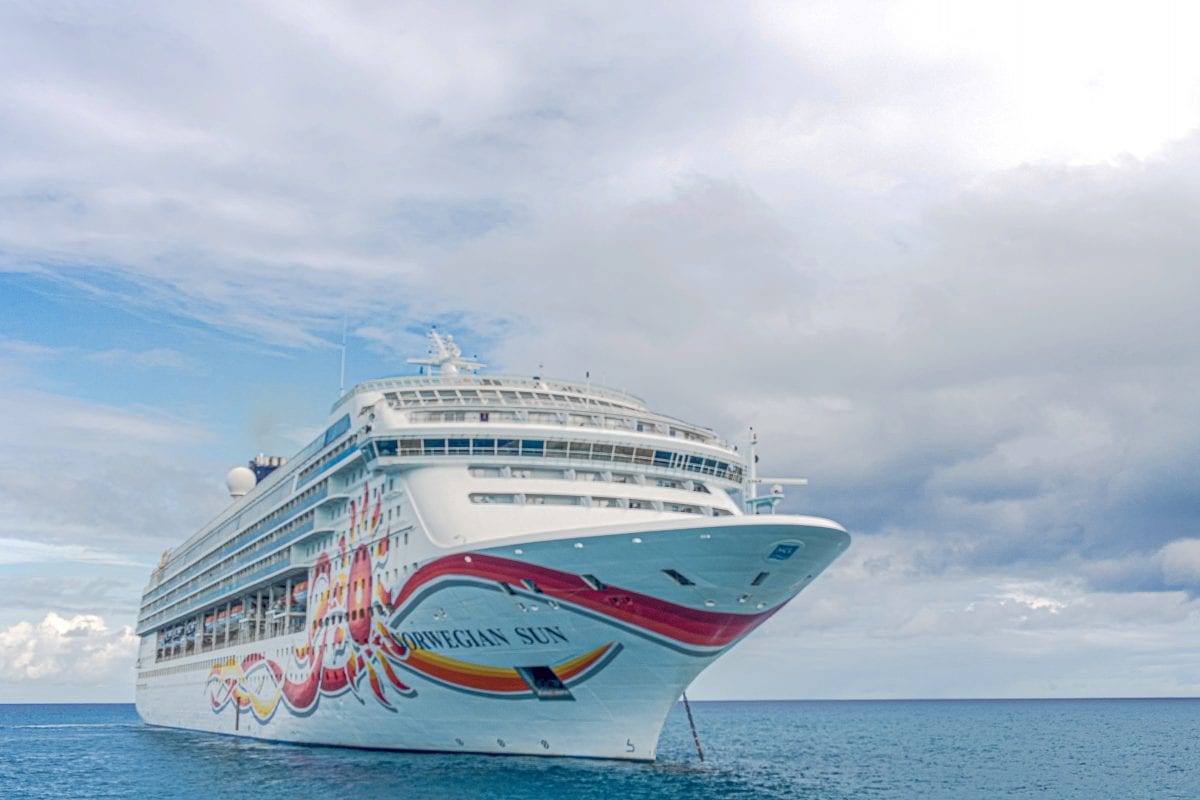How the Growing Cruise Industry In UK Generates More Jobs
According to a report in Travel Weekly, “The cruise industry’s direct contribution to the UK economy grew by 6.5% to £2.54 billion last year from £2.38 billion in 2012”. This only shows that this particular sector of theseafaring industryis growing steadily, with no signs of slowing down.
In fact, it is believed that more than 22 million passengers will be carried worldwide by 2015. What does this mean to people searching for employment? More jobs for them. In a 2013 statistics, it showed that British jobs supported by this industry increased by 4,000.
So, if you are an Australian on a working holiday in the UK, why don’t you consider the possiblity of finding work on board a vessel. Beit, a cruise ship or a cargo ship, there are a number of opportunities for you to take up.
How are jobs generated in the cruise industry?
Because of the need to provide a holiday experience that rivals those spent in luxury hotels and resorts, cruise liners are continuously evolving, adding more amenities and services at the end of every trip, or so it seems. Onboard facilities, such as multiple themed restaurants, retail shops, health club and spa facilities, luxury accommodation and extensive entertainment options are what make a cruise attractive to travellers, all of which require employees to operate and maintain.
One restaurant alone would require plenty of staff. How much more if there are five restaurants on a ship? Based on a statistical data from Cruise Lines International Association UK, the cruise travel market in the UK provides an estimated 70,000 jobs. What is even better is that anyone can be employed, provided they are qualified, of course. Even students in their gap year can apply. Most cruise companies, however, prefer to hire staff 21 years old and above, especially when the position to be filled is in a bar or casino.
In line with all the facilities and services a cruise provides, jobs vary accordingly.
- Accommodation
Because some ships not only provide cabins, but also suites and villas, staff needed to take care of the accommodation includes chief housekeeper, assistant housekeeper,chief cabin steward, stateroom steward, hotel manager, accommodation manager, laundry stewardess and cabin attendant.
- Entertainment and Passenger Programs Department
Staff in this department is responsible for keeping boredom at bay. They provide a wide range of entertainment options from organised activities to game shows. This means employees under this office include entertainers, musicians,production technicians, including informative lecturers, and a host of individuals with experience in the entertainment industry.
- Medical Team
A cruise ship can be likened to a floating island. It must have everything all of its inhabitants would need, including a well-equipped clinic. Obviously, a team ofmedical expertsis required, including nurses and paramedics. With some medical centres equipped with critical care unit, more medical personnel have to be hired.
- Casino
If you are 21 years or older, with experience working in casinos, you can apply for a similar position in a cruise liner. Like land-based gaming establishments, onboard casinos are also in need of slot technicians and trainees, cashiers, dealers and the like.
- Pursers Department
This area is the equivalent of a hotel’s management team, responsible for managing accounts, shore excursion and the crew office. Members includejunior assistant purser, crew purser and chief purser.
Aside from these, a ship also hires beauticians, hairdresser, massage therapist and a host of people for different departments. Suffice to say that most liners offer career opportunities similar to land-based offices.
The benefits of having a professional life at sea are endless, from having the luxury of exploring the waters, docking in some of the most exotic locations and tax incentives. To discover how being a seafarer can benefit you financially, contact our experienced tax agents now.
Photo by Jonathon Kemp on Unsplash

